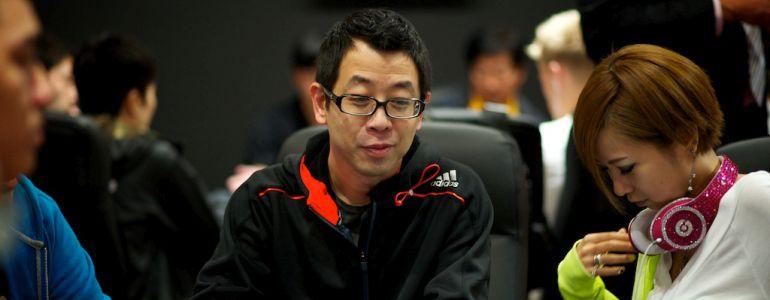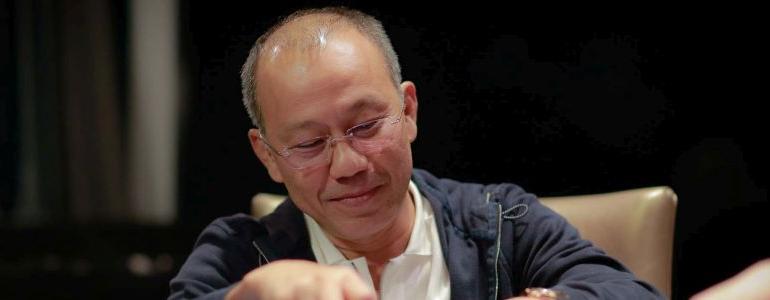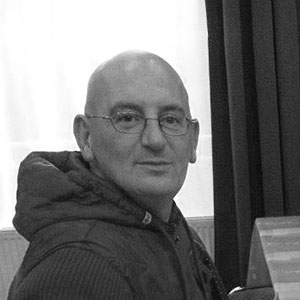Paul Phua Talks Poker Psychology with Dan Cates and Winfred Yu
8 years ago
10 Aug
There is plenty of advice out there about how to play your hand in poker, but what about playing the player? Poker psychology is the subject of Paul Phua’s latest offering, a fun and revealing chat with Daniel ‘Jungleman’ Cates and Winfred Yu.
“You are short-stacked, and go all-in with a bluff. Would you rather be playing Paul or Dan?”
That’s the question posed of the trio, and high-stakes poker playing businessman Yu – the President and CEO of Macau’s famous Poker King Club – knows the answer, for Phua at least.
“No Doubt! If you ask Paul this question, he will say 'Why do you only bluff me, nobody else on the table?' You know my choice!”

Phua, of course, is an excellent poker player in his own right and explains that it probably depends on if he’s winning – or in the hole.
“If l’m losing l might call… l might make the call. Most of the time!”
The far-eastern players are noted for their love of a ‘gamble’ – “it’s in the blood,” says Yu, only semi-joking when he states:
“I’m losing three buy-ins already. OK, one more buy in. I call!”
Cates, of course, is an absolute world elite player, the American who is a regular at the ‘Big Game’ in Yu’s Macau casino having his own – very tried and tested – approach to the game, and bluffing is part of that. Years of experience and millions of dollars worth of picking apart an opponent’s mind.
“I guess one true thing… is that, like, an analytical player can see that they don’t have to be right all the time. So they might call just because “oh well, l only have to be right 25% of the time for this to be OK”.
He continues:
“Whereas, like, if someone is more emotional… l’ve seen that kind of a lot, those emotional players might say 'oh he’s just got it again, l guess l fold' or whatever, and it’s really easy to feel really stupid if you make a bad call, which is kind of an important factor.”

Phua’s ‘In Conversation with…’ series is a gold-mine of these short and easily-remembered nuggets of wisdom from the world’s best: Dwan, Ivey, Colman and many others sharing their knowledge for his Poker School.
One big talking point at the end of every big tournament is, ‘How will the amateurs handle the pressure of a televised final table?’
“So that’s why there’s a big difference about that online, and live,” opines Yu. “Because they don’t see my face, l don’t look stupid if l make a bluff and I go out. Right?”
Cates is the perfect man to ask, more final tables and live high-stakes battles than the traditional ‘any other eight’ at the table combined –and he picks on an element which most people don’t consider…
“Yeah, yeah, for sure. It matters a lot on the TV tables. Then the pressure’s really high compared to anywhere else, partially for their backers, too. Like, if someone dumps off their chips, and it looks really stupid, it’s really tough… it’s like if the backers see that, they’re like, 'Oh, why did you do that? Blah, blah, blah.' That’s a lot of psychological pressure on top of the money, on a final table.”
To find out just how to handle the pressure, who to avoid and how ICM affects the play, check out the full video on Paul Phua’s site – it may only be 4 minutes long but it’s an excellent and lively discussion of poker psychology from a practical perspective!






Comments
You need to be logged in to post a new comment